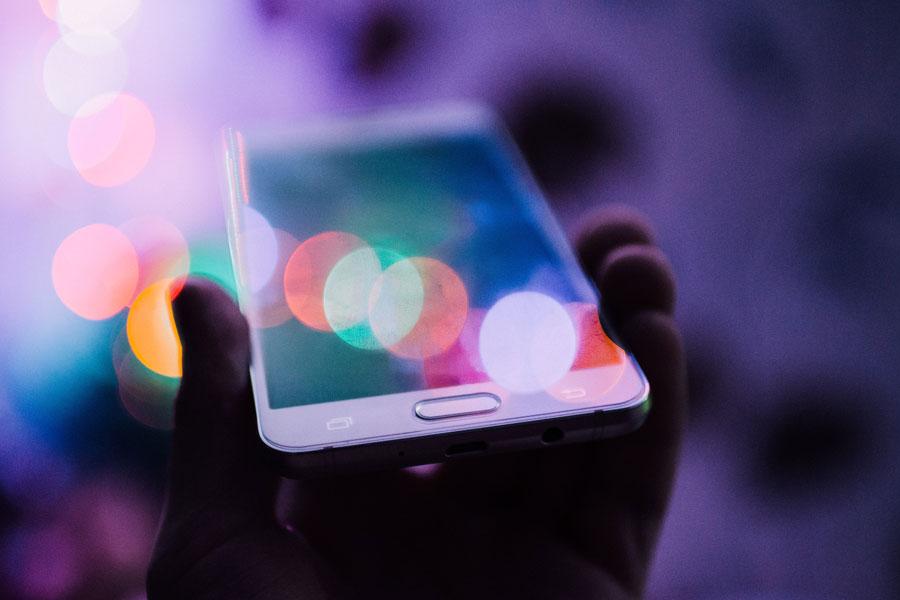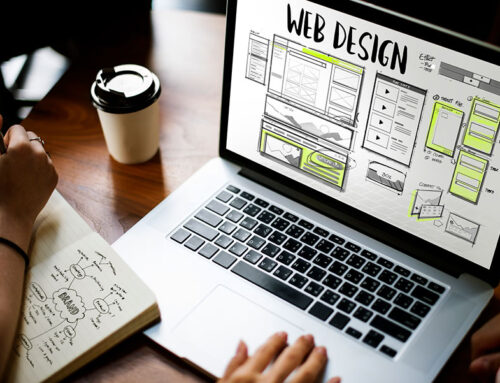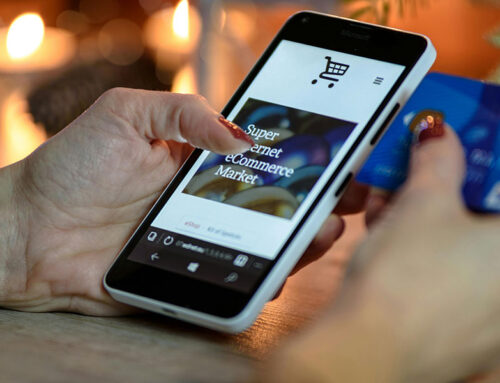The coronavirus pandemic has shown that the modern healthcare system cannot cope with new challenges. It has led to a multifold increase in mobile applications for doctors and patients. It allows you to significantly increase the quality of service and protect medical staff from additional risks. Today, this direction is promising.
Prospects for the development of mobile applications for the healthcare system
In 2019, the global digital health market was valued at 106 billion USD. It is assumed that by 2026 this will increase by 6 times and amount to 640 billion USD.
Canada, the United States, Germany, and APAC are making the most significant investments in digital health.
Over the past year, the number of downloads of medical mobile applications and telemedicine increased by 50% and amounted to 3.2 billion. Moreover, 74% of users were satisfied with the service level.
According to eCommerce statistics 2022, almost 50% of all respondents have downloaded or are interested in health or wellness apps.
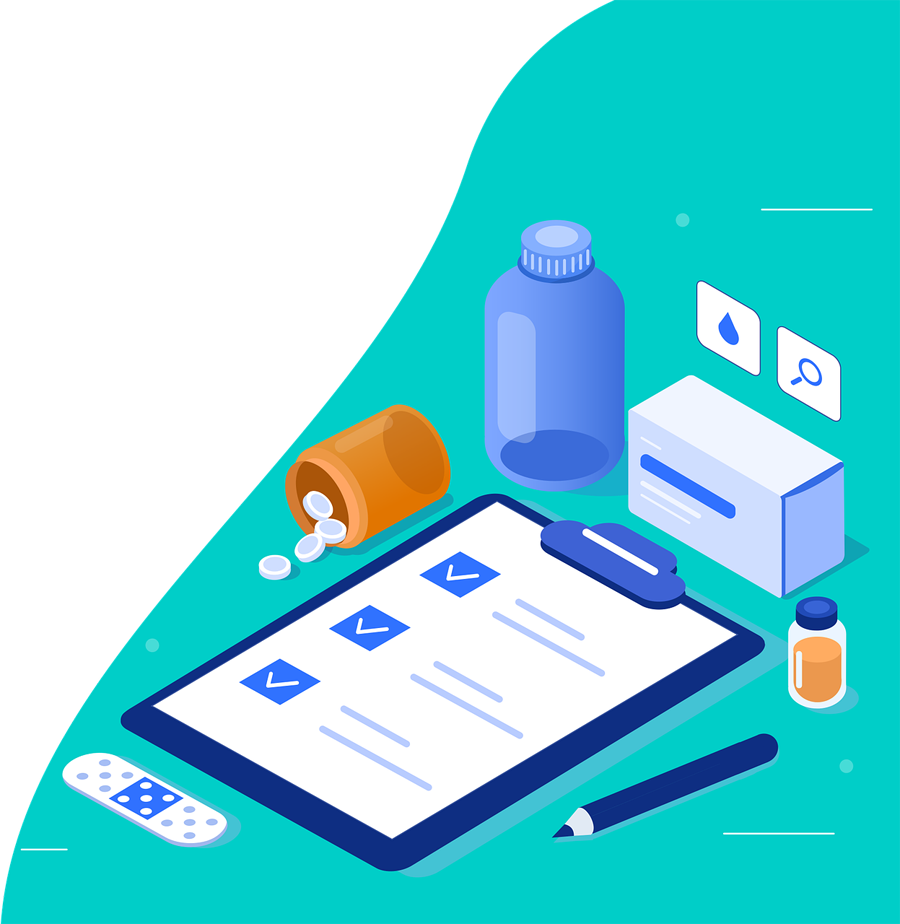
Varieties of mobile applications for healthcare
There are several types of healthcare apps development of which ranks high among all application development. They can be divided into the following groups:
- To track the health status of patients;
- To make an appointment with a doctor;
- Telemedicine;
- Medical directories and databases;
- To monitor chronic diseases;
- For women’s health;
- For mental health;
- For diet and weight loss.
As you can see, each mobile healthcare application aims to perform specific tasks. They can be divided into 2 large groups – doctors and patients. All of them are pretty affordable and useful for solving specific problems.
How are mobile applications changing the healthcare system?
Today, mobile applications bring considerable benefits to the healthcare system.
Various fitness apps have been around for a long time. Smartwatches taught them to count how many steps a person walked per day and what they ate (they calculate the number of calories, sugar, salt, carbohydrates, fats, and proteins). Previously, this made it possible to find errors in the diet that prevent a person from losing weight quickly without harming health.
However, now doctors can also use this technology. For example, suppose a person has a heart attack. In that case, the doctor prescribes him to walk at least 10 thousand steps and eat right.
Mobile applications can send activity and diet reports to the doctor to check if a patient is following the recommendations correctly.
Before starting software development, it is worth considering a UX design plan. It is essential that despite many functions, the application is as convenient as possible to use.
Also, it can be beneficial if the patient has an infectious disease but does not need to be hospitalized, as with a mild coronavirus. In this case, the client can consult a doctor but does not give birth to a specialist in danger.
Immediate access to healthcare
Not all people live in large cities and have quick access to medicine. Many today live in remote villages where there is no qualified medical personnel. In this case, telemedicine comes to the rescue.
The patient can contact the doctor via video call or message to discuss their problem and receive recommendations.
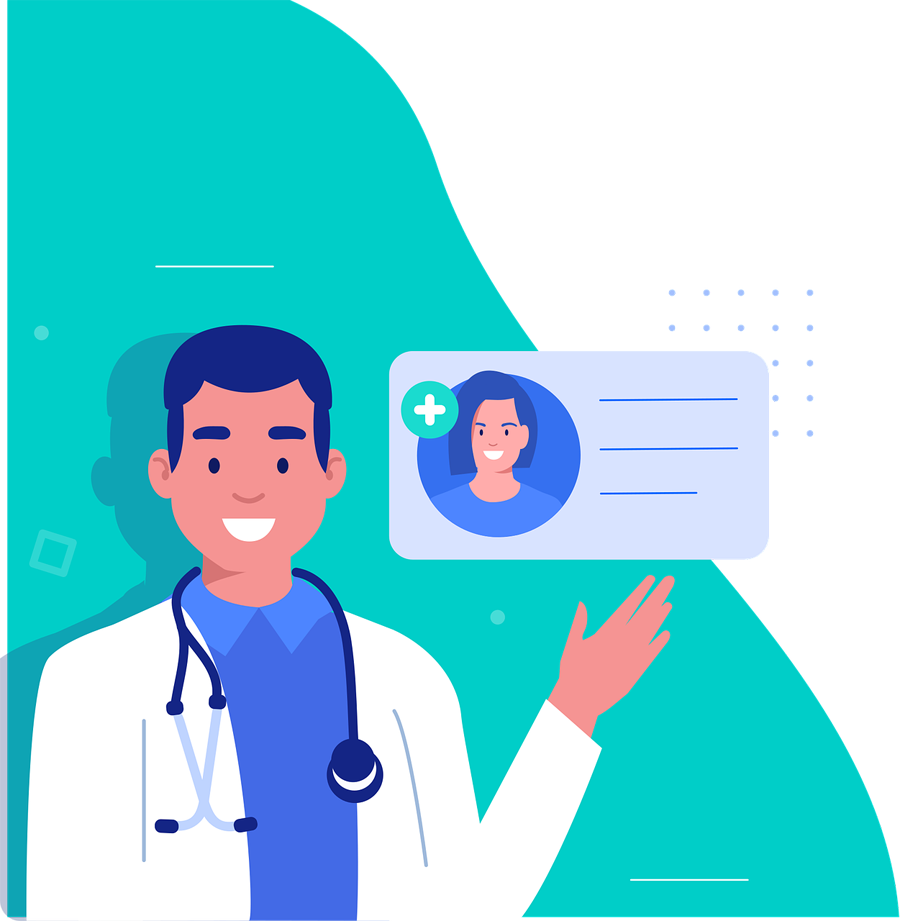
Convenient payments
As you know, medical services are pretty expensive. Previously, patients had problems paying and had to stand in queues and pay hefty commissions.
In mobile applications, payment for services is made as quickly and efficiently as possible and has impeccable protection.
Simplifies home care
Many people (the elderly, those with chronic illnesses, the disabled, and others) cannot visit the hospital regularly, but they need care more than anyone else. In this case, mobile applications can solve several problems, ranging from drug control to consultation.
More accurate reports
There are several applications that medical professionals use to keep records and results of hospital visits. So, for example, doctors turn to a doctor, he or she fixes the appeal and redirects them to take tests. After the laboratory processes them, it transmits the information immediately to the doctor who wrote the referral. In addition, if more specialist advice is needed, he or she will also be able to access information through a shared database.
It not only allows to simplify the work of doctors but also helps patients review records over time and draw conclusions about how effective the treatment is.
Makes it easier to choose a doctor
When applying to a new clinic, clients cannot choose the right specialist. The mobile application makes ratings depending on customer reviews, qualifications, or work experience.


